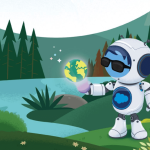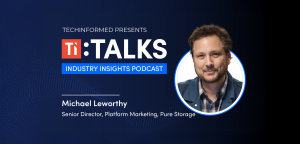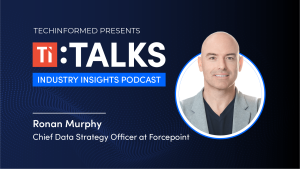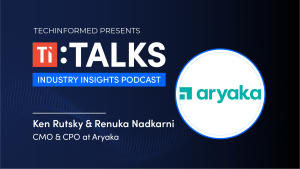
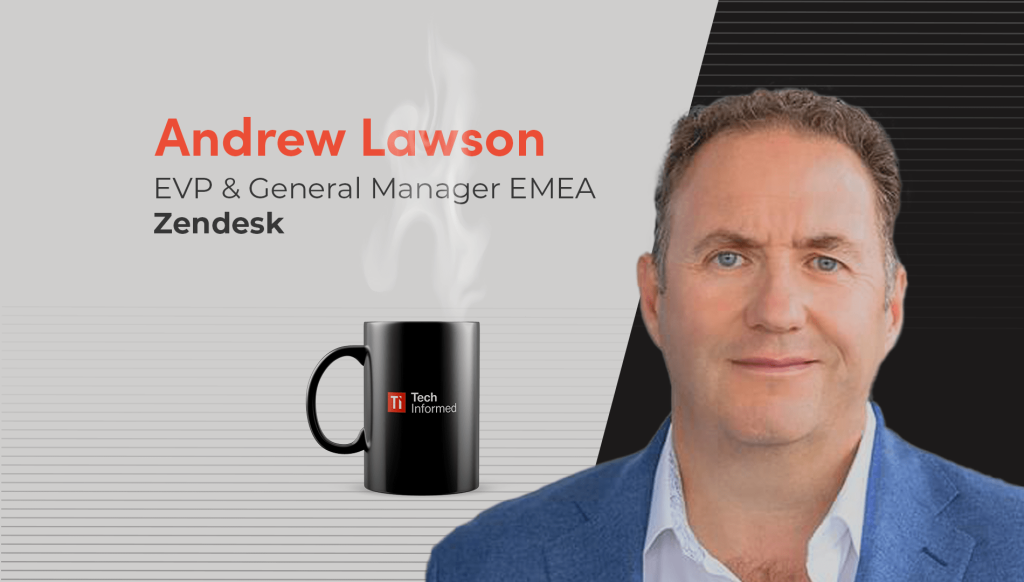
Andrew Lawson, executive vice president and general manager, EMEA, Zendesk
Andrew Lawson’s career began behind a laptop – quite literally, selling them – before a series of moves took him from local government IT support to senior leadership roles in some of the world’s biggest…
Andrew Lawson’s career began behind a laptop – quite literally, selling them – before a series of moves took him from local government IT support to senior leadership roles in some of the world’s biggest tech firms.
A formative stint at Oracle taught him sales discipline, while his time at Salesforce coincided with the company’s expansion into enterprise markets across Europe. But it was a moment of reflection with a business coach that steered him back to his roots in Customer Relationship Management (CRM).
That realisation led him to Zendesk, just as the company was preparing to move upmarket and challenge enterprise incumbents. “It was the perfect time to take everything I’d learned and help build something new,” he says.
Today, he’s helping lead Zendesk’s transformation into an AI-first customer experience platform – a journey that has spanned public listings, private equity, and plenty of change along the way.
He talks with TI about how to stand out in a world saturated with AI tools, the importance of tapping into the talent of military veterans, and how to build strong customer relationships.
With AI on the rise, what advice would you give sales leaders looking to differentiate themselves in a competitive landscape?
There was definitely a rush at the beginning – everyone scrambling to figure out what AI meant for their business. That’s settled now, and we’re seeing more strategic thinking about the long-term implications.
It’s complicated. Just this week, we had a customer ask about how we’re dealing with hallucinations in AI – that’s not a simple conversation. We’re getting into new legal and contractual territory.
For me, the key things are having a clear strategic plan, prioritising security, and recognising that this isn’t just a tech issue – it affects every part of the business. We’ve seen some major outages recently, so resilience and security are top of mind when I talk to customers.
What are some career highlights for you?
One was working in the defence and security space with Oracle, I got to see a lot of activity around the 2012 London Olympics and I developed a huge respect for the people behind the scenes, making sure everything ran smoothly with zero issues.
Any standout case studies at Zendesk?
There are quite a few, but I’d highlight our relationship with fashion retailer Next. It’s been great watching that grow over time. Internally, we often talk about whether our work is really a partnership – and in cases like this, absolutely.
They’ve replaced a complex, homegrown CRM with Zendesk’s tools and seen a 15% drop in handling time, with 92% of tickets resolved in one touch.
They know they can reach out to me anytime, day or night, and we’ll get their issue sorted. That’s what true partnership looks like – not just collaboration during the good times, but being there when things go wrong. And it’s a very open relationship: if we’re not performing, they’ll tell us, and vice versa. That honesty helps us grow together.
Next is brilliant example of a company that’s transparent and committed to improving. That kind of relationship, where you can have candid conversations, is what creates real long-term value.
You’re also involved with the Global Veterans Network at Zendesk – tell us more…
Yes, I lead it. There’s so much talent in the veteran community, and it’s important that we tap into it.
At Zendesk, we’ve made some real changes – especially in the US – like offering additional leave for veterans who get recalled. Making an actual difference matters. I’ve known some incredibly capable veterans, and I’m proud to help support their journey into civilian careers.
Is it still tough for veterans to transition into the workforce?
It’s getting better, and the military helps, but it’s still a big change. I’ve also worked with athletes transitioning out of sport – it’s similar. You’re starting over, and it’s tough. But there’s huge potential if you can help accelerate that transition.
How do you unwind?
I sail whenever I can. We race our boat, and I love it because you can’t really take your phone – saltwater and smartphones don’t mix. It gives me that feeling of freedom. I need to be active.
How do you take your coffee?
These days, I go for decaf more than I used to. I’ve travelled quite a bit, and I spent a lot of time in Australia. I really like what they call a “piccolo” there – it’s a bit smaller than a flat white.
Occasionally, I’ll land in Sydney in the morning, and by 9am I’ve got customer meetings, so I certainly need a few of them.


